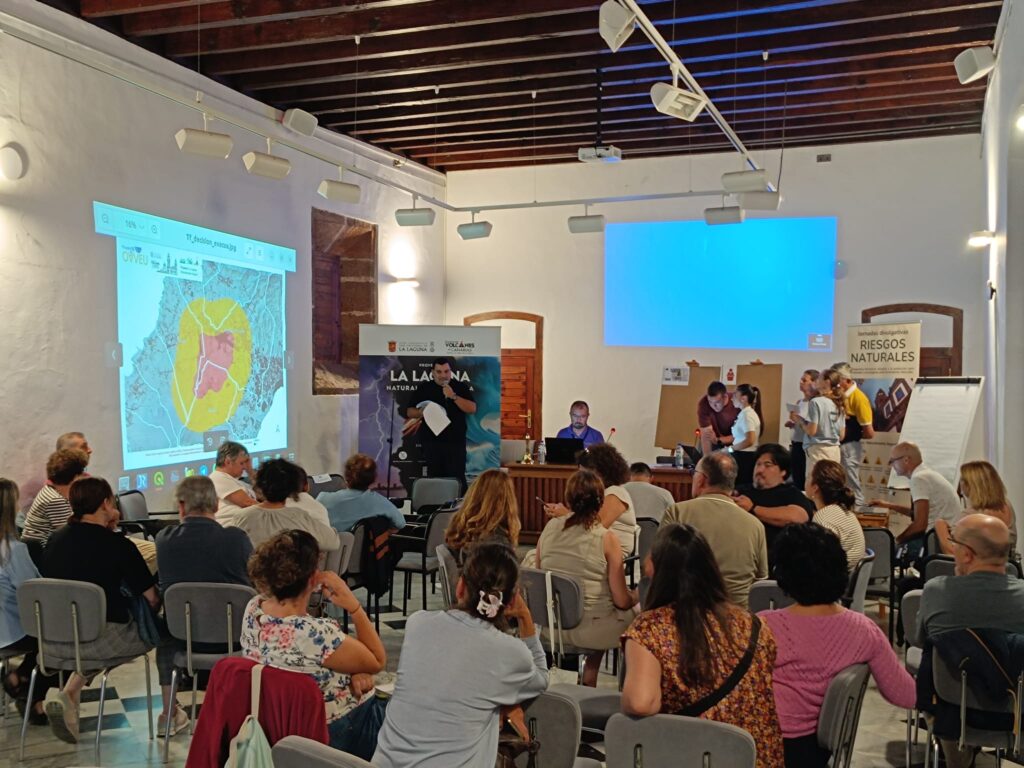In line with what they perceive as a gradual dismantling and privatisation of the Guagua service in Tenerife, basic trade union representatives from the Titsa company, which operates under the auspices of the island council, have raised concerns regarding the diminishing services experienced in municipalities such as Arafo and the Güimarero neighbourhood of San Francisco de Asís. According to this organisation’s report, residents of Arafo have access to three buses on weekdays through two lines (two on 121 and one on 128), but they are left with only one vehicle and line (121) during weekends and significant holidays affecting public mobility.
Trade union representatives also highlighted that the direct connections between Arafo and Santa Cruz “decline on weekends and holidays from ten to just two, indicating a reduction of up to 80% in essential mobility services.” This organisation believes the situation facing Arafo is illogical, noting that other areas with “similar circumstances, or even more geographically dispersed, enjoy a far more stable service on weekends.” Additionally, they caution that this is a situation that “not only marginalises the residents of Arafo but also hinders access to a public service that has been acknowledged by the Canary Islands government as Universal.”

Furthermore, members of the trade unions representing this region, including Mario Perera Santana, have submitted documents asserting that the issue in this municipality “is not merely an operational cut, but a covert structural discrimination, masqueraded as technical planning, which obstructs the effective exercise of essential rights and breaches the principle of territorial equality.” Therefore, they demand an immediate review of the planning for weekends and public holidays, “to ensure that the citizens of Arafo have access to free public transport under conditions comparable to the rest of the territory.”
The union claims that Article 14 of the Spanish Constitution has been violated, as these citizens do not have the same public transport options, along with Law 13/2007 regarding the management of road transport in the Canary Islands for social and territorial cohesion, as well as the principle of non-discrimination in access to public services as outlined in the Consumers and Users Law 1/2007.

According to this organisation, the situation is similar in the San Francisco Javier neighbourhood, in Güímar, but with the added disadvantage that there are no available lines during holidays and weekends, as line 127 only operates on weekdays. “This represents not only an objective inequality compared to other areas within the municipality and the island but also obstructs access to services, activities, employment, or healthcare outside the neighbourhood for more than 100 days a year.” As noted, this is an “unacceptable reality because while other rural locations have multiple lines even on Sundays, this neighbourhood experiences complete inequity in terms of access to public transport.”

Güímar station
In relation to the Titsa station in the municipality of Güímar, basic trade representatives criticise the poor image that this facility currently presents and consequently propose a comprehensive rehabilitation plan to local authorities that would include repairs to existing damage, extensive cleaning, and renovation of urban furniture. They call for new benches, bins, efficient lighting, digital information panels, and collaboration with local businesses and artists to stimulate the area, alongside a commitment from the Güimarero City Council for ongoing maintenance, with inspections every three months and dedicated annual budget allocations.
















